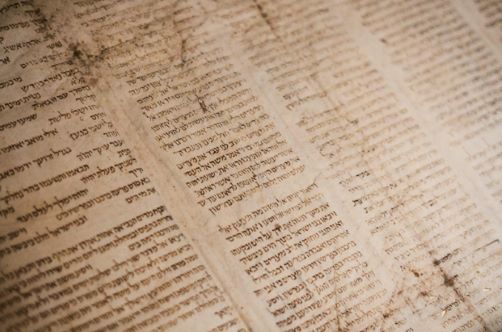

The world of historical academia is witnessing a remarkable transformation, thanks to the integration of Artificial Intelligence (AI) into the thesis writing process. As historians delve into the past to unravel its mysteries, AI tools are becoming invaluable allies, revolutionizing research methodologies, analysis, and the overall writing process. Platforms like hey marvin are contributing to this shift by offering AI-powered tools that support researchers in organizing, analyzing, and collaborating on complex academic projects more efficiently. Here’s how AI is reshaping the landscape of thesis writing in history studies.
Advanced Writing Assistance and Language Refinement
AI-enabled writing assistance tools offer grammar and style suggestions, aiding historians in crafting clear and concise narratives. Natural Language Generation (NLG) algorithms can generate coherent sentences and paragraphs based on historical data, providing historians with alternative perspectives and aiding in the formulation of arguments within their theses. With tools such as Jenni’s thesis writing assistant, data analysis and research that once took months or even years can now be completed in a fraction of the time. This not only saves time and resources but also allows historians to focus on more critical aspects of their research.
Accelerated Research and Data Analysis
AI-powered algorithms streamline the research phase by swiftly sifting through vast archives, historical documents, and databases. Natural Language Processing (NLP) capabilities enable historians to extract valuable insights from texts, aiding in the identification of patterns, trends, and correlations across historical records. Machine learning algorithms assist in data analysis, accelerating the synthesis of information and providing historians with a comprehensive overview of historical contexts.
Enhanced Source Identification and Credibility Assessment
AI tools aid historians in source identification and credibility assessment. Advanced algorithms assist in verifying the authenticity and reliability of historical documents, flagging potential inconsistencies or biases within texts. AI-powered fact-checking systems help historians navigate the complexities of primary sources, ensuring accuracy and integrity in their research.
Automated Summarization and Annotation
AI-driven summarization tools assist historians in distilling lengthy texts into concise summaries. Plus, AI Humanizer tools can help refine AI-generated content, making it more natural and human-like for academic and professional use. These tools ensure that historical narratives maintain readability and authenticity. These tools employ machine learning to identify key concepts, events, and themes within historical documents, aiding in the creation of annotated bibliographies and summaries that streamline the thesis writing process.
Visualization and Presentation of Historical Data
AI-powered visualization tools transform historical data into compelling visual representations. Data-driven algorithms assist historians in creating interactive maps, timelines, and graphs that elucidate historical trends, facilitating a clearer understanding of complex historical contexts and enhancing the visual appeal of the thesis.
Ethical Considerations and Human Interpretation
Despite the advantages offered by AI, historians must maintain critical thinking and interpretative skills. While AI aids in data analysis and synthesis, human interpretation and contextual understanding remain indispensable in historical research. Historians must balance the use of AI tools with ethical considerations, ensuring that the human perspective and nuanced historical interpretations are not overshadowed by technology.

Artificial Intelligence is reshaping the landscape of thesis writing in history studies, offering historians powerful tools that expedite research, aid in data analysis, and enhance writing capabilities. From accelerating research processes to facilitating data analysis and aiding in the creation of compelling visualizations, AI is revolutionizing historical academia. However, while embracing AI, historians must remain vigilant about maintaining the integrity of their research, upholding ethical standards, and preserving the human element in historical interpretation. By harnessing AI as a complementary tool and combining it with their expertise, historians can elevate the quality of their theses, unravel new historical insights, and contribute to the rich tapestry of human history with depth and clarity.


